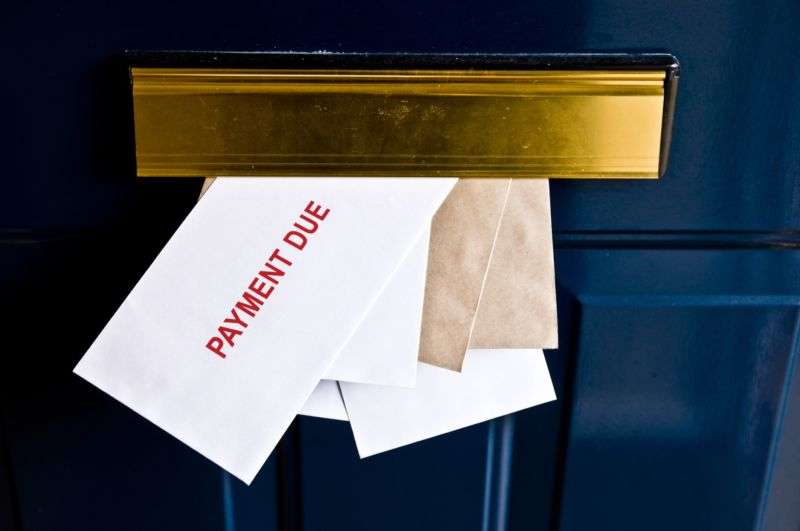
Charter squeezes more money out of Internet users with new cancellation policy

Charter is making it more expensive to cancel its Spectrum Internet service, as it will begin charging customers for the full month after they cancel instead of providing a prorated final bill.
Charter broke the news to customers in the fine print of their latest billing statements. Stop the Cap reported the change yesterday, and we were able to confirm it on the May billing statement received by an Ars staffer in Texas who subscribes to a triple-play package with Spectrum TV, phone, and Internet service.
“Effective on or after June 23, 2019 and consistent with the Terms and Conditions of Service, Spectrum will no longer provide a pro rata credit for services sold on a monthly basis that are cancelled prior to the end of the current billing month,” the notice to customers says.
Under these terms, a customer is better off canceling right at the end of a billing period. But customers will inevitably pay for days of service that they don’t use if they move out of their homes early or midway through a billing period. Depending on when a new occupant moves in and starts up service, there may be cases when Charter collects from two customers at the same home for nearly a month.
AT&T did the same in January
AT&T and subsidiary DirecTV previously stopped providing prorated credits for a customer’s final month of service in January this year.
Charter’s no-prorating policy may have already applied to its cable TV service. An Internet Archive page capture of Charter’s terms of service for cable TV shows that since at least August 2017, it has said that “Subscriber shall be responsible for the full monthly charge for those Cable Services that are offered on a monthly subscription basis to which the Subscriber has subscribed, regardless of Subscriber’s termination of such monthly Cable Service prior to the conclusion of the respective subscription month.”
However, the residential Internet agreement and the residential phone agreement did not include that language at the time. Another page capture shows that by January 2019, the no-prorating policy had been moved to the terms of service covering all residential services (i.e., phone, Internet, and cable TV).
Charter’s new notice to customers that the change is “consistent with the Terms and Conditions of Service” may indicate that the policy was previously in the terms of service but not enforced or that it previously applied to cable TV only and now covers Internet and phone service. We contacted Charter to ask for clarification on those details and will update this story if we get a response.
We’ve confirmed that the no-prorating policy will apply at least in Texas and Ohio, and we assume it will be enforced in most of Charter’s 41-state territory. But state-specific rules may prevent it from being enforced in some places. For example, the AT&T/DirecTV policy of charging for the full final month does not apply to any accounts in California, Illinois, and New York, and doesn’t apply to U-verse TV, AT&T Phone, or AT&T Internet accounts in Michigan. AT&T said this is because of “local or state regulations or for other specific reasons.”
Comcast, the only US cable company with more subscribers than Charter, apparently still prorates final bills. “Except for non-refundable fees and charges, we will refund all prepaid monthly service fees charged for Service(s) after the date of termination (less any outstanding amounts due us for the Service(s), affiliate services, Xfinity Equipment, or other applicable fees and charges),” the Comcast subscriber agreement says. Verizon’s website also says it prorates the final bill for FiOS residential services.
Altice’s Optimum service (formerly Cablevision) does not prorate the final bill.
Disclosure: The Advance/Newhouse Partnership, which owns 13 percent of Charter, is part of Advance Publications. Advance Publications owns Condé Nast, which owns Ars Technica.




